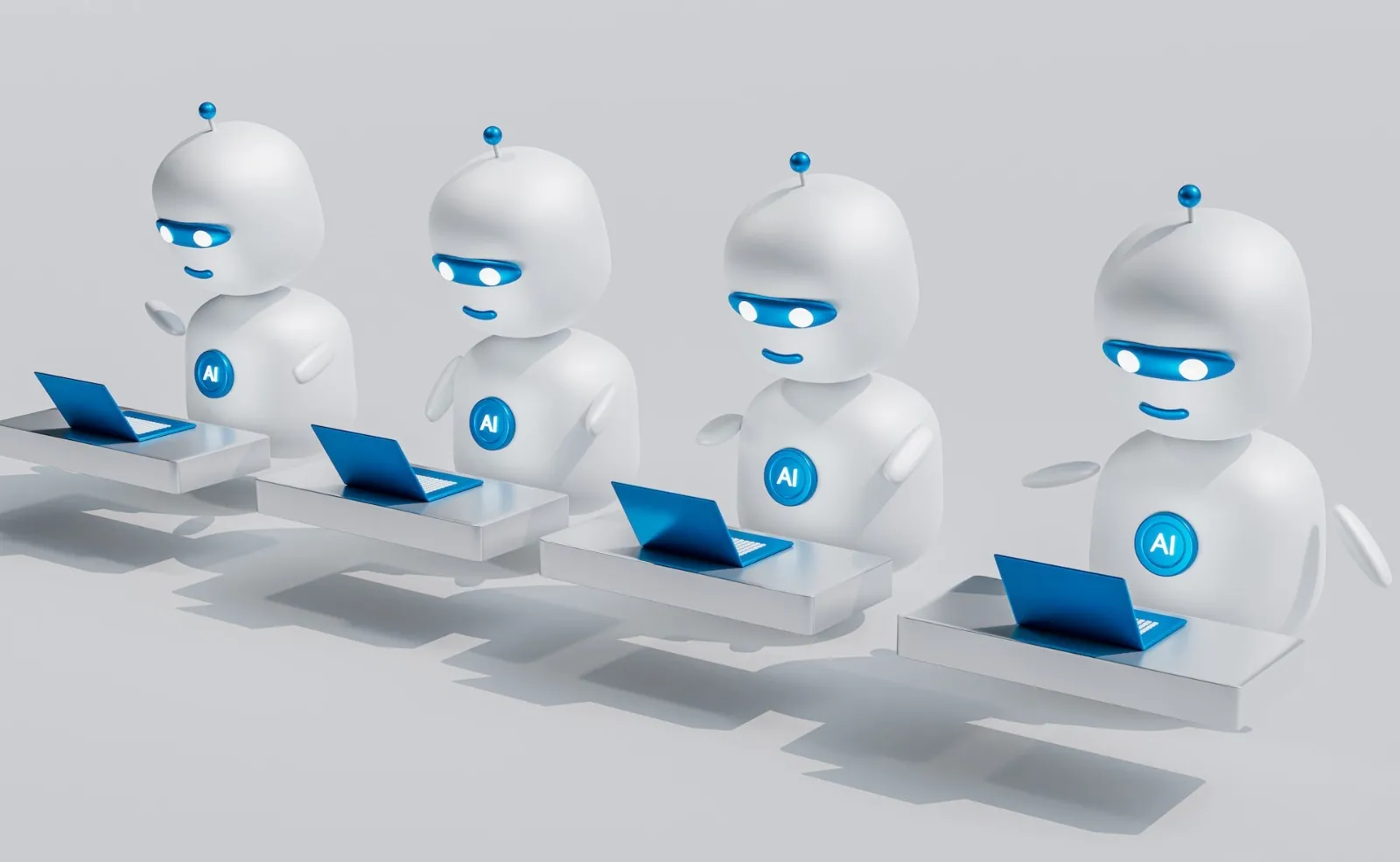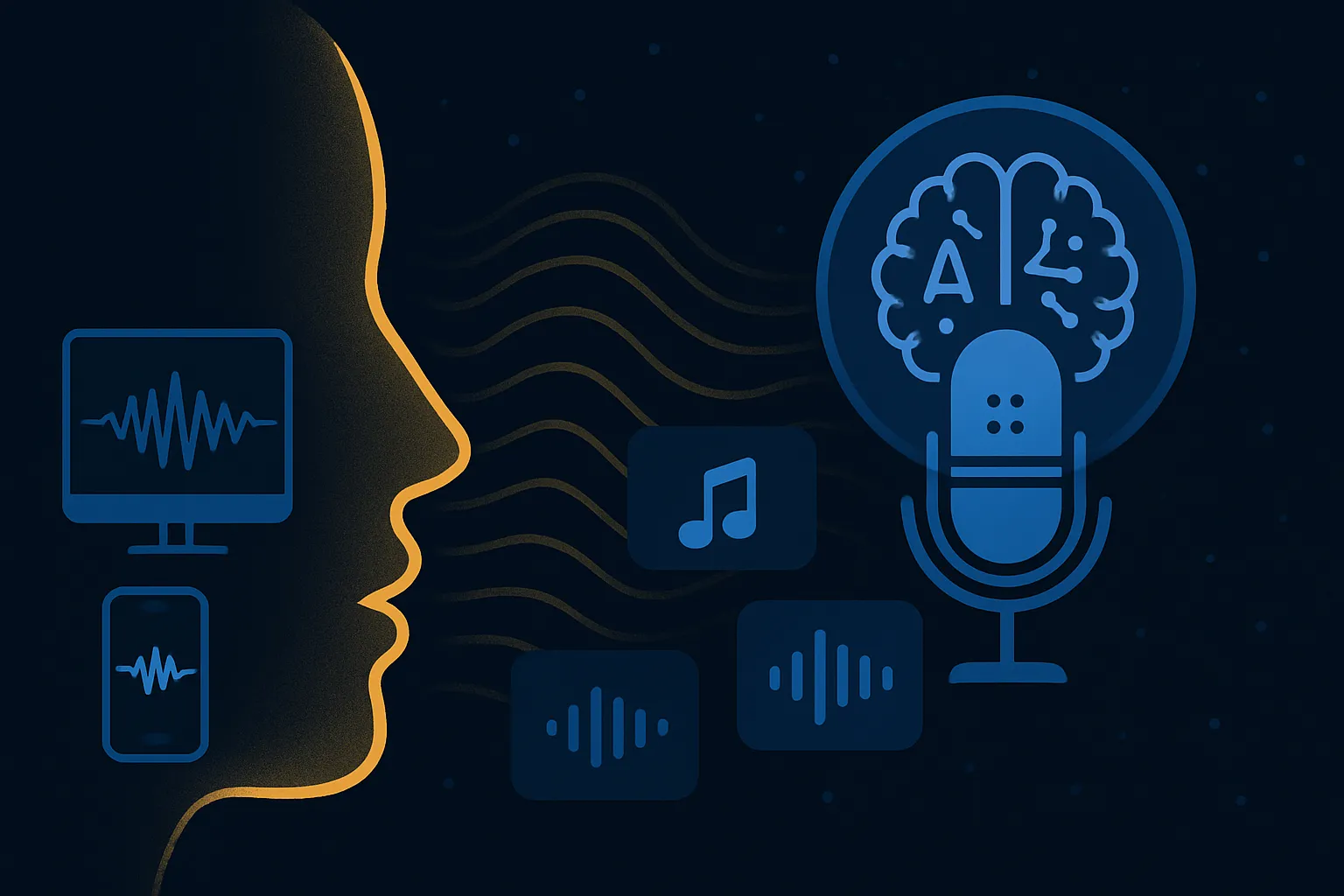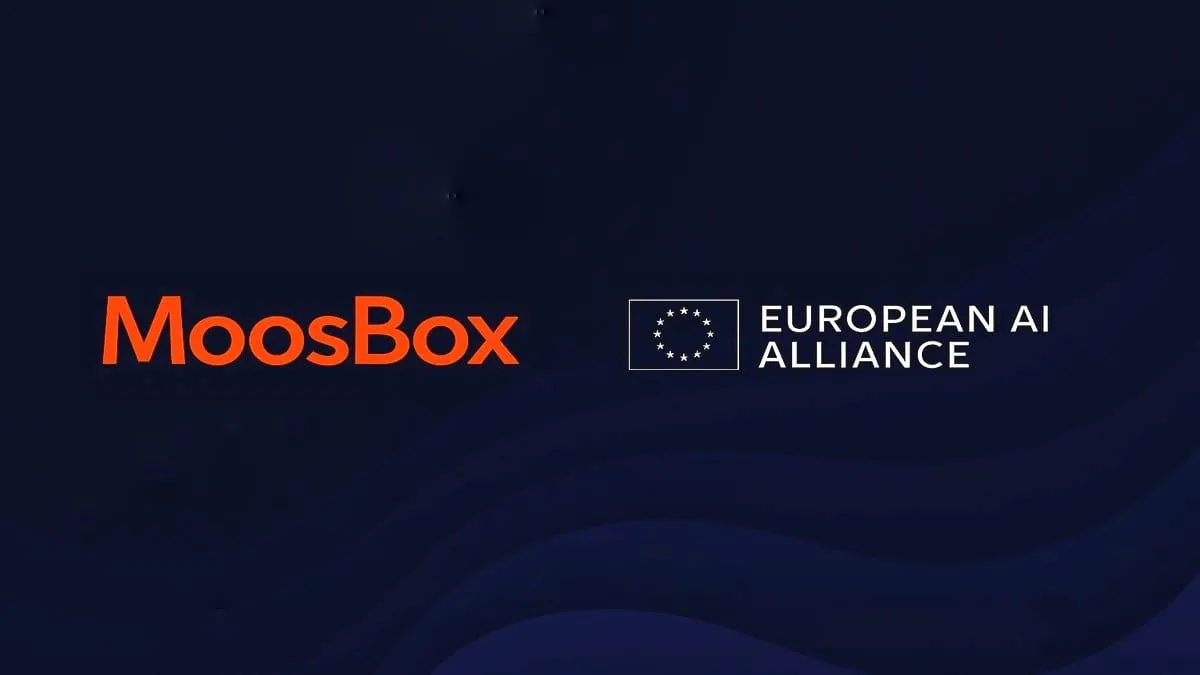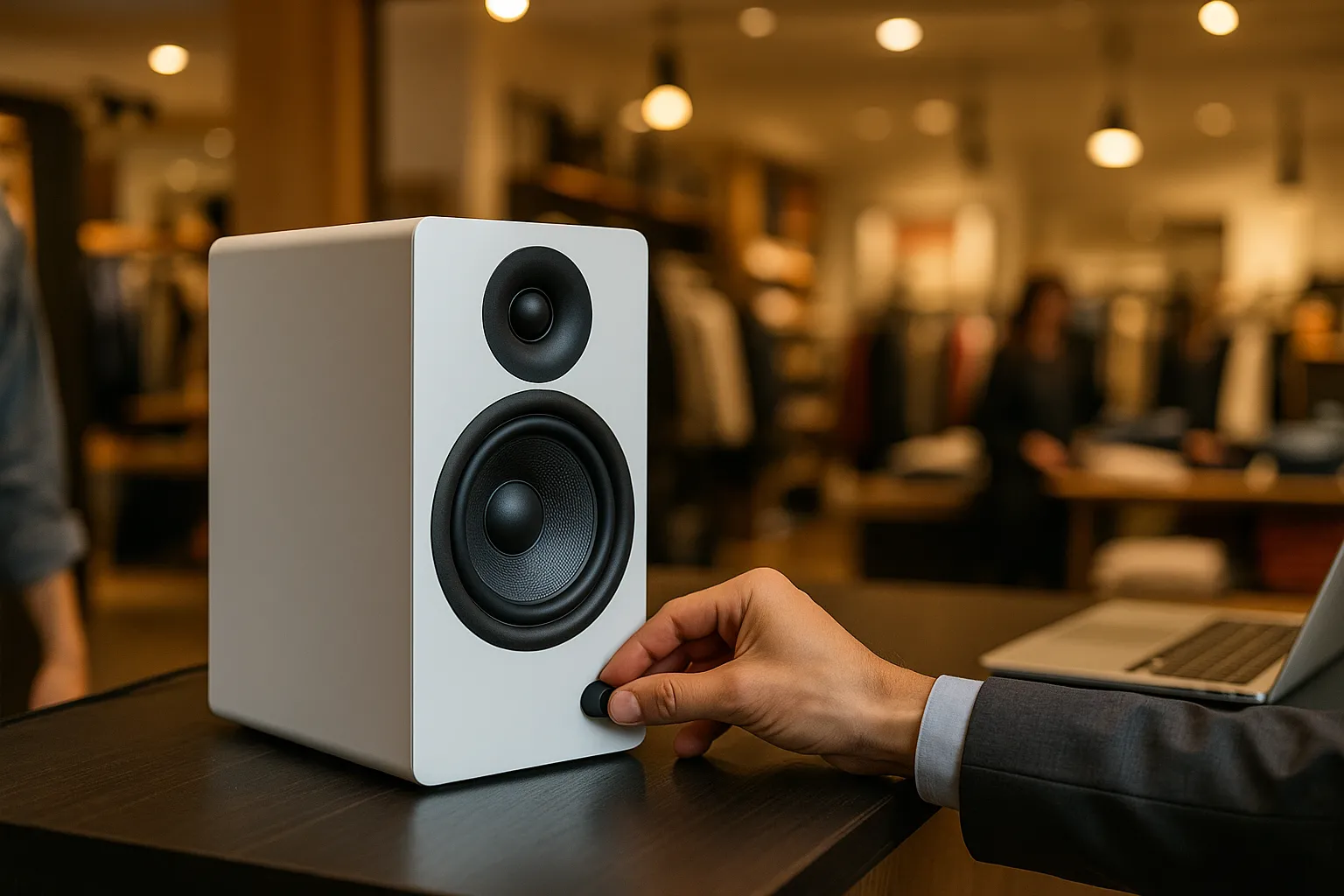Artificial Intelligence (AI) is revolutionizing the world of music, from creation to distribution. However, this transformation raises significant copyright issues and the management of works created by AI. In this article, we’ll explore the role of collective management societies in supporting artists and authors and the solutions proposed so far to address these challenges.
AI Innovation in Music
AI has opened new avenues in music production, enabling the creation of original tracks and adaptations to various emotions and styles. This fusion of music and technology has produced a broad range of musical experiences, from AI-generated remixes to personalized soundtracks. MoosBox is an example of a service that supports artists in this new landscape, establishing direct contractual relationships, ensuring fair remuneration for used works, and respecting copyright.
The Copyright Challenge in the AI Era: ASCAP and Sacem’s Proposal
AI-generated music raises complex copyright questions: Who is the author of music created by an algorithm? The algorithm itself, the programmer, or the user? And is the music original enough to be protected by copyright?
These questions are central to the debate among various music industry stakeholders, including collective management organizations, which do not yet have a definitive, unanimous answer. For instance, the American Society of Composers, Authors and Publishers (ASCAP), a leading entity in the American market, has suggested that authors should decide whether to make their works available for data mining processes, i.e., whether to allow them as “study material” for AI technology.
A similar solution was proposed in early October 2023 by the Société des auteurs, compositeurs et éditeurs de musique (Sacem), the leading collective management society in France.
The underlying idea is to ensure consent and remuneration for copyright holders on the copyrighted works used to train generative AI, which creates new works from existing ones. This approach aims to preserve the livelihoods of creators and promote the development of a regulated and legitimate market for the use of copyrights in generative AI.
Criticism of Mandatory Licenses
The voluntary approach by ASCAP puts control in the hands of creators, respecting their right to opt-out, and strongly opposes mandatory licenses in the music industry, claiming they can lead to vulnerabilities and imbalances, harming musical artists and causing payment delays.
This viewpoint is crucial, as fair compensation is fundamental for artists and composers.
The Role of the Copyright Office
Another fundamental aspect of ASCAP’s proposal is the role of the Copyright Office. The organization argues that the Copyright Office should play a crucial role in developing a regulated market for the use of copyrights in generative AI.
This role involves clarifying to AI platforms the importance of obtaining copyright holders’ consent on the copyrighted works used for data mining. This clarity is essential to ensure that copyright laws are upheld and that artists are fairly compensated.
European Parliament Passes AI Law
In March 2024, the European Parliament approved an AI Law to regulate the use of artificial intelligence in music, with 523 favorable votes. The legislation protects artists’ rights, prohibits unauthorized AI use, and imposes transparency obligations on AI systems used for music creation, requiring risk assessments and human oversight.
Artists will have the right to file complaints and receive explanations on the use of AI in their works. Some applications are prohibited, such as using AI systems to create musical works without consent, extract audio samples without authorization, or manipulate audience emotions during concerts through AI.
The law will gradually come into effect within 36 months, promoting a balance between technology and musical creativity.
The Context of the ELVIS Act
A significant step toward regulating AI in music is the ELVIS Act, short for “Ensuring Likeness Voice and Image Security”, which will take effect in Tennessee on July 1, 2024. This law updates the Personal Rights Protection Act of 1984, extending protection to artists’ voices, prohibiting the unauthorized use of AI systems to create counterfeit works.
The ELVIS Act responds to growing concerns over the unauthorized use of artists’ voices, as evidenced by deep-fake musical cases on platforms like YouTube and TikTok. The law includes civil and criminal penalties for violations, including the destruction of illegally produced materials.
Conclusions
AI is opening new creative perspectives in music, but it is crucial to balance technological innovation with the protection of artists’ copyright rights. ASCAP, along with other organizations, is working to establish guidelines that ensure generative AI does not compromise the livelihoods of authors and composers. The legislation approved by the European Parliament and the ELVIS Act represent two significant steps in this direction, offering a more targeted protection model for artists and musicians.
We like to conclude the article with the forward-thinking vision of Paolo Catalano – an intellectual property lawyer, lecturer in the Music Business course at SAE Institute Milan, and advisor to well-known artists, authors, and composers – who in this extensive interview shares his views on the matter: “The human aspect and creativity will always be essential in bringing to life authentic emotions and stories. Artificial intelligence can be seen as a valuable strategic partner for all authors and composers, helping them fully realize their creativity, more than before, but it can never be solely responsible for the creation of actual musical pieces.”
MoosBox is a prime example of how platforms and music services can support artists while respecting copyright rights, promoting a regulated and legitimate market for the use of music in the AI era, yet keeping up with the times.




